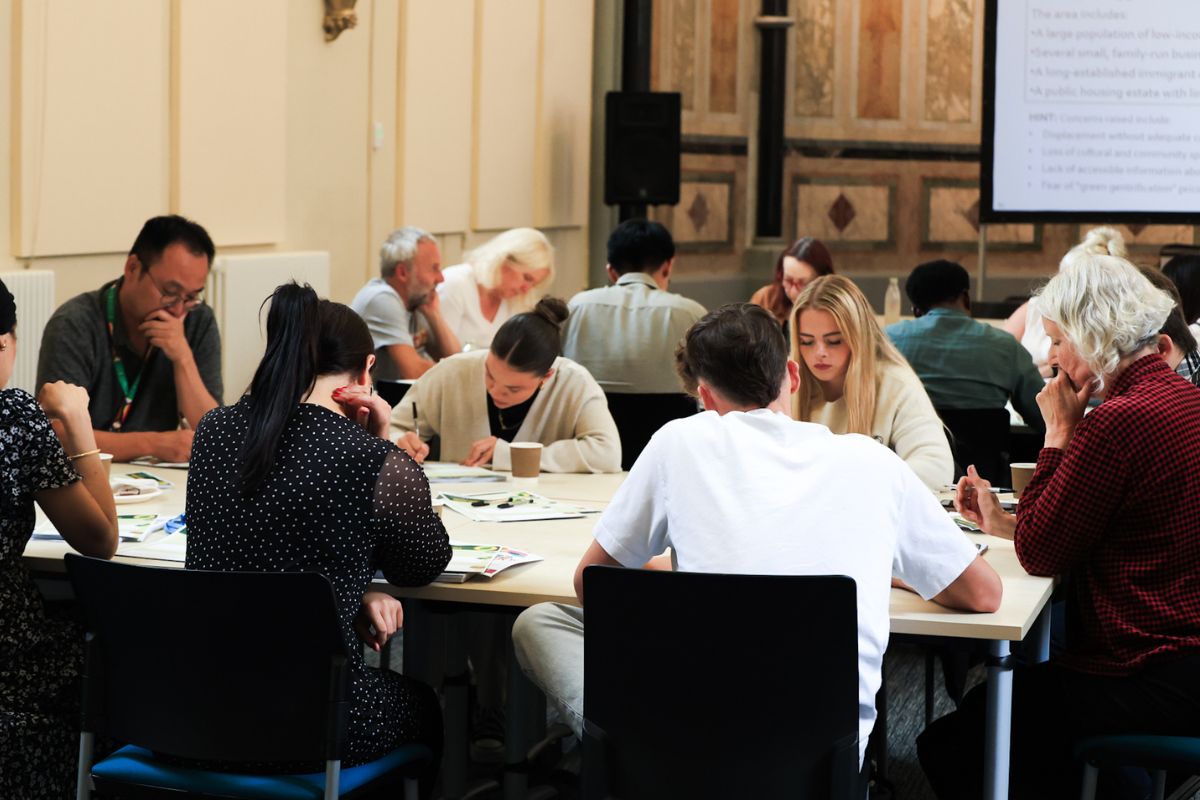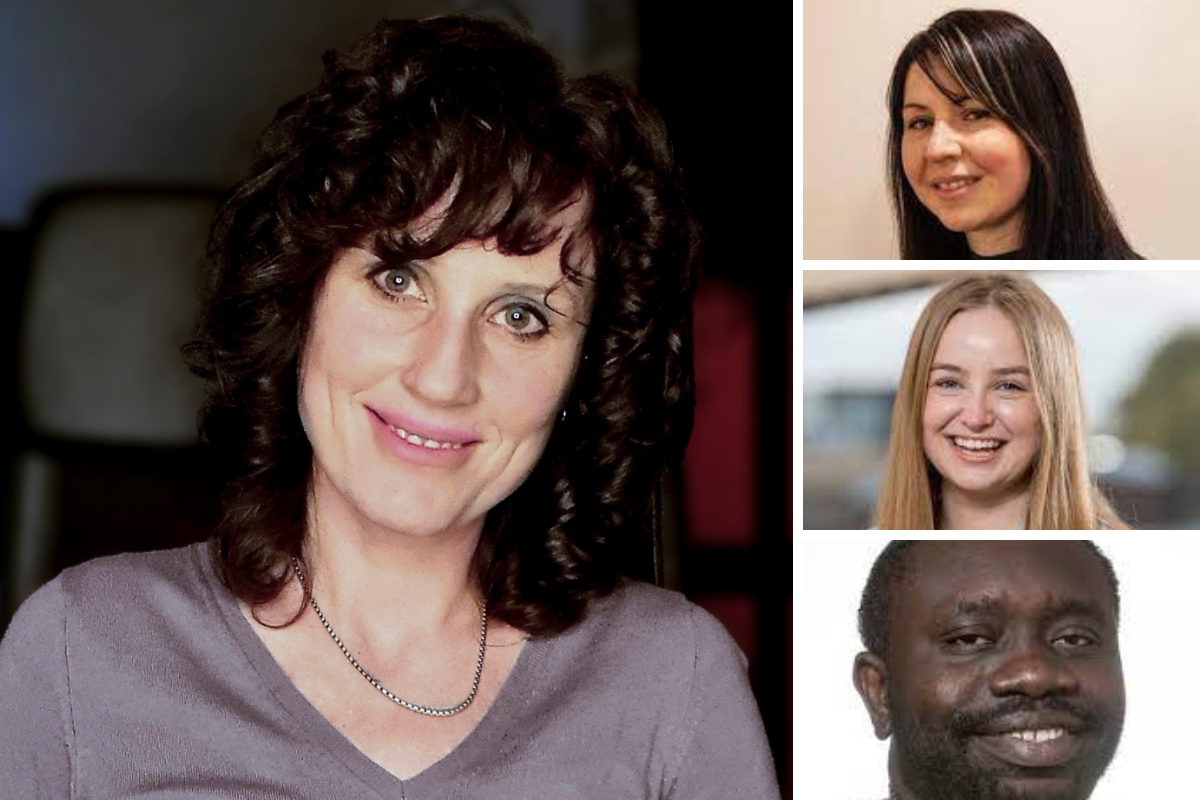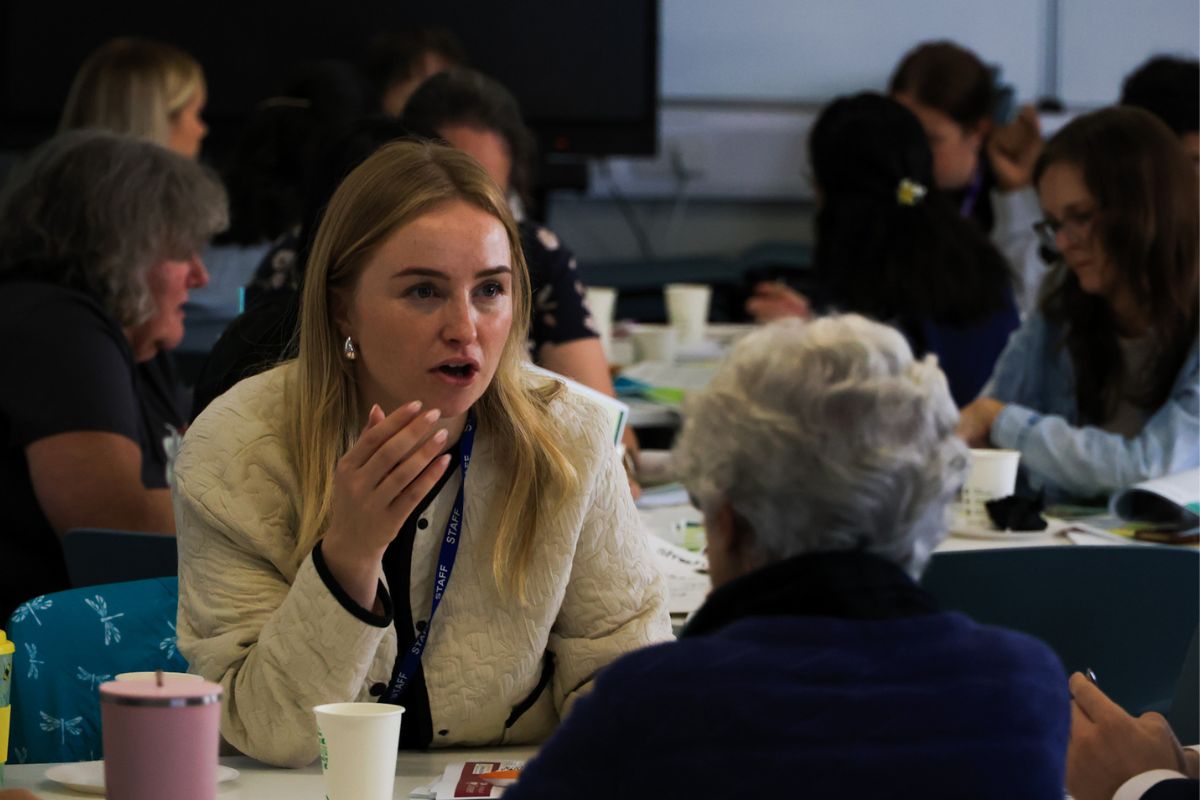University project designed to give marginalised communities greater say in eco issues hits key milestone
A significant research project to ensure marginalised communities can have their say in shaping major environmental decisions has taken a major step forward.

University of Chester experts have played an integral part in promoting inclusive approaches towards environmental sustainability decision making, after it was increasingly recognised those voices were not only excluded from such decisions, but were disproportionally impacted by environmental issues.
The University research team of Professor Chantal Davies, Dr Holly White, Dr Kim Ross, plus Dr Eghosa Ekhator from the University of Derby, worked with community groups and stakeholders across Cheshire and Warrington to co-produce an Inclusive Environments Framework.
The framework is designed to ensure inclusivity is embedded in environmental sustainability policy and practice, promoting shared decision-making and empowering marginalised voices in shaping and evaluating environmental interventions.

It was officially launched at a University of Chester event which aimed to share knowledge, perspectives, innovative approaches, and to bring together diverse voices to explore the Inclusive Environments Framework and environmental justice.
A second, similar event, titled Your Voice Heard – Inclusive Decision Making and Environmental Justice, was held at Liverpool John Moores University (LJMU) two days later and also involved presentations from Professor David Ong and Dr Kenneth Kang from LJMU.
Both events brought together a diverse group of academics, practitioners, policymakers, and community members, and included workshops which explored the vital role of environmental justice in creating a more sustainable and equitable future. The events provided more information about the research project, with participants able to explore how the framework could be used within their own organisations.

Also launched was the Inclusive Environments website, which features information about the project and framework, the people behind it, and a series of worked scenarios demonstrating how the framework could benefit communities. Members of the project team are now working to develop case studies around the framework and are keen to hear from anyone interested in working with them on this.
Professor Chantal Davies said: “The Inclusive Environments events held at the University of Chester and Liverpool John Moores University provided an excellent opportunity for diverse voices from academia, practice, policy making and the community to explore the new Inclusive Environments Framework and website.
“The events highlighted the importance of developing and implementing environmental sustainability initiatives in a way that is inclusive, fair and responsive to diverse voices.”
For more information about the Inclusive Environments Framework, visit: www.inclusive-environments.org.
Main image and image 3: Photos from the Inclusive Environment Framework launch and workshops.
Image 2: Prof Chantal Davies (main) and, top to bottom, Dr Kim Ross, Dr Holly White and Dr Eghosa Ekhator.